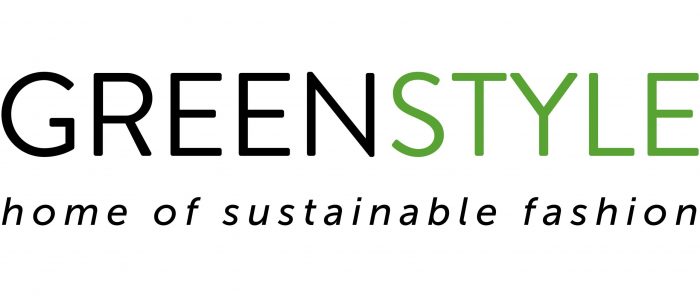The good news: sustainability has become more relevant in recent years. In the media, in the masses. And at the companies. If you don’t act sustainably, don’t get involved, you’re out. Sounds good. Is it so far. If it weren’t for the tempting attempt to give yourself a green coat of paint in order to be able to play along with the sustainability trend. Fast food chains include the color “green” in their communication and offer a vegan burger. Fast fashion groups are throwing one drop after the other onto the market faster and faster and at the same time communicate with sustainable capsule collections and bring-back or recommerce concepts…
Greenwashing starts where sustainability is not part of the corporate culture and goals part of the DNA.
In my opinion, distinguishing serious sustainability from greenwashing will be the biggest challenge for consumers. ‘Greenwashing’ is widespread and affects our daily decisions. It will hardly be possible to shop sustainably in a department store, concept store or boutique in an uncomplicated way. This only works by studying the corresponding seals or in the store of trust. Or – if you want uncomplicated shopping – in sustainable stores and online shops.
Real sustainability – how can that work?
We need laws here that rule out exploitation and environmental damage along the supply chain. The Supply Chain Act, which is intended to make companies in Germany liable for violations of human rights in their supply chain, was passed last year. Unfortunately, it only works for companies with 3,000 or more employees. The EU-wide campaign ‘Good clothes – fair pay’, which advocates living wages at the beginning of the supply chain, aims in the same direction.
Help and sign now >>>
Welcome on stage @ Salon Luitpold: 3 voices on the subject of greenwashing
Thank you, Salon Luitpold and Wala/Dr. Hauschka for bringing this important topic to the stage. The panel guests? Carmen Grebmer (Lucerne University of Applied Sciences), Nicoline Wöhrle (WALA Heilmittel GmbH) and Leo Freischütz (specialist journalist).
I have spoken to all three experts in advance and can’t wait to hear more from them. You can experience and join the discussion live on September 20 from 7 p.m. what they have to say about greenwashing. For all non-Munich residents: The (uncut) recording can be found at the bottom of this page.
As a consumer, how can you spot the hot air behind green promises? Are companies willing to change and be more honest? Which restrictions and which incentives must come from politicians to companies so that we can achieve our climate policy goals TOGETHER – without shame and without lies? How can transparent labels help us? This and more will be discussed with…
Dr. Carmen Grebmer
.. has been researching consumer experience, advertising and communication psychology since 2015. She examines how people perceive environmentally friendly products and what role product, corporate and advertising communication play in this. How do consumers behave and decide and when do they become skeptical and greenwashing? Carmen Grebmer received her doctorate from the Ludwig-Maximilians-University in Munich on the subject of sustainability/greenwashing. Today she lectures at the Lucerne University of Applied Sciences and Arts. “We can only change our behavior if we actively train it,” Carmen Grebmer revealed in the preliminary talk. That means we really have to want it. Hand on heart: do we really want that? “Greenwashing is the new green”….
Nicoline Wöhrle
… has been responsible for the communication activities of WALA Heilmittel GmbH, which also owns the natural cosmetics brand Dr. Hauschka, 100 percent certified natural cosmetics “Made in Germany” since 1967. As a foundation-owned company, WALA initiates a different way of doing business for a world in which companies can assume responsibility and act independently of individual and market interests. Instead of blaming itself for the massive damage to the environment and the exploitation of millions of people worldwide by maximizing profits, WALA is committed to an economy that is moving away from competitive thinking towards a culture of encounter – towards sustainable communities.
We have to defend our decisions before ourselves, civil society and the natural environment. Nicoline Wöhrle
Leo Freischütz
… learned his job at the German School of Journalism in Munich. The environment as a topic came up at the same time, first on a voluntary basis, then full-time. From 1990 to 1998 he worked for the Bavarian Greens and their parliamentary group as a political consultant for environmental issues, PR copywriter, campaigner and press spokesman. Leo Freischütz has been writing for magazines, newsletters and organizations since 1998. His focus is on organic farming and organic food. And he writes about natural cosmetics, eco-textiles, renewable energies and sustainable investments. What if he doesn’t write? Then he devotes himself to his 100 children:
www.babysarahshome.de
Hier für das Greenwashing Panel @ Salon Luitpold anmelden >>>




